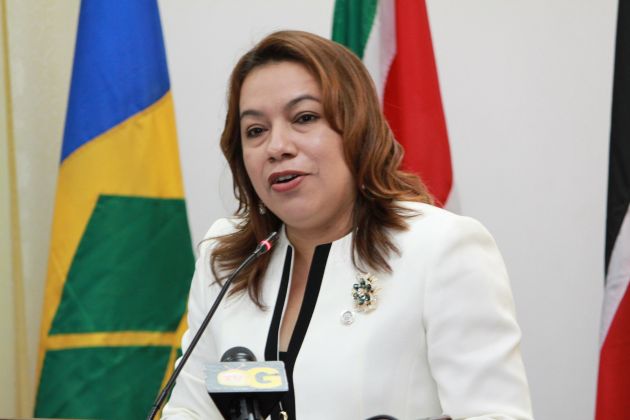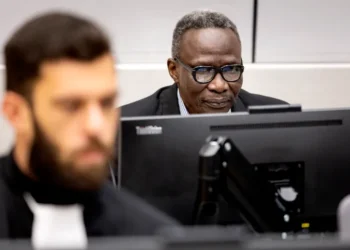The United Nations has intensified calls for renewed international cooperation to bolster Libya’s political transition and confront its spiraling humanitarian and environmental crises. At a high-level meeting focused on the country’s future, UN officials stressed that global coordination remains essential for Libya’s recovery from years of unrest, misrule, and conflict.
Hanna Serwaa Tetteh, the UN Secretary-General’s Special Representative and Head of the UN Support Mission in Libya (UNSMIL), welcomed the revival of the Berlin Process International Follow-up Committee after a four-year hiatus.
Reflecting on the June 20 summit held in Berlin, she remarked, “The meeting marked a significant shift towards reinvigorating international coordination on Libya and consolidating international support to UN efforts in advancing a political process.”
The Berlin Process, once seen as a vital diplomatic platform for dialogue and consensus, is now being rejuvenated to align fractured international efforts behind Libya’s stalled peace process.
But as the political process crawls forward, conditions on the ground are worsening. Tetteh raised alarms over newly discovered mass graves in Tripoli’s Abu Slim district, citing mounting evidence of “grave human rights violations.” The continuation of armed conflict in and around the capital remains a major impediment to humanitarian relief and development initiatives, she warned.
Libya’s Collapse Fuels Human Trafficking
Libya has descended into a hub of modern-day slavery, fueled by its breakdown in governance and sustained violence since the fall of Muammar Gaddafi in 2011. The power vacuum created a chaotic landscape where armed militias, traffickers, and smugglers control vast swathes of territory, particularly along migrant transit routes.
The country’s strategic Mediterranean location has turned it into a gateway for African migrants hoping to reach Europe. Instead, many fall into the hands of criminal networks that operate detention centers, torture chambers, and slave markets. Victims, often from Sudan, Chad, Egypt, and Niger report being held captive in towns like Sabha and Zillah, where they endure kidnapping, forced labor, torture, rape, and are ransomed back to their families through violent threats.
Despite international interventions, including controversial EU-backed deals with Libyan factions to curb irregular migration, the situation has deteriorated. These arrangements, human rights groups argue, have empowered traffickers and increased the exploitation of vulnerable populations. Detainees are often held without trial, denied legal counsel, and subjected to enforced disappearances, while perpetrators—some reportedly affiliated with state authorities—face little to no accountability.
Carolyn Rodrigues-Birkett, Guyana’s UN Ambassador, added another layer of urgency by emphasizing Libya’s climate vulnerability. She pointed to 2023’s deadly Storm Daniel in Derna, stating the tragedy was magnified by “weak governance, outdated infrastructure, and limited preparedness.”

The ambassador further warned, “The Mediterranean region is warming 20 per cent faster than the global average,” and urged immediate investment in resilient infrastructure, including dams and water systems.
Rodrigues-Birkett also called for the unification of Libya’s fragmented national budget to support development and environmental protection, noting that climate and political instability are deeply intertwined.
As the UN works to keep Libya on the international agenda, its officials insist that only a unified global response can reverse the tide of lawlessness, human suffering, and climate deterioration. UNSMIL has pledged to seek additional funding and political backing for its initiatives, while underscoring the need for Libyan authorities to re-establish control over their territory and protect their people.
Yet for many caught in the crossfire of Libya’s broken system, hope remains distant. Until structural reforms and justice mechanisms are restored, the cycle of exploitation, abuse, and instability seems fated to continue.
READ ALSO: Mahama Champions Vaccine Replenishment At Brussels Summit





















